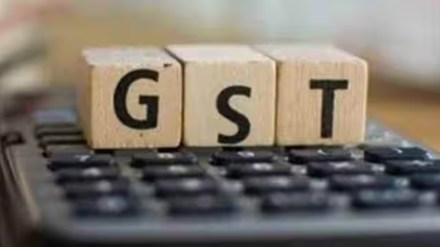The finance ministry has notified setting up of 31 benches of GST Appellate Tribunal (GSTAT) in all states and union territories.
Currently, taxpayers who wish to appeal against the ruling of tax authorities are required to move to their jurisdictional high courts; setting up state benches would fastrack dispute resolution process.
As per the notification, Gujarat and the UTs Dadra and Nagar Haveli and Daman and Diu will have two benches of GSTAT each, while Goa and Maharashtra will together have three benches.
Uttar Pradesh will three benches while Karnataka and Rajasthan will have two benches each.
West Bengal, Sikkim and Andaman and Nicobar islands will have two GSTAT benches each, while Kerala and Lakshadweep will have one bench each.
The seven North Eastern states, Arunachal Pradesh, Assam, Manipur, Meghalaya, Mizoram, Nagaland and Tripura will have one bench each.
“The formation of GSTATs will provide relief to taxpayers on two fronts: one, resolution of disputes will happen much faster, and second, pre-deposit amount will not be stuck for long,” said Abhishek A Rastogi, founder, Rastogi Chambers.
“For filing an appeal, there is a process of making a pre-deposit…the money gets stuck, and cases get delayed. Those who are facing hardships, they will hopefully get some relief,” Rastogi said.
The Central Goods and Services Tax Act prescribes the mandatory pre-deposit condition to be satisfied by the applicant before filing an appeal to the Tribunal.
As a pre-deposit, the applicant is required to make a payment of the entire part of tax demanded in the order that he/she admits being liable for; and 20% of the remaining part of tax demanded in the order, or `50 crore, whichever is less.
Before appealing to the tribunal, at the first appellate authority, the applicant has to pay 10% of the remaining part of tax demanded in the order.
Confederation of Indian Industry’s Director General Chandrajit Banerjee said that the number of appeals against the orders of first Appellate Authorities has been rising sharply, which in the last two years alone moved up by more than double from 5,499 in 2020-21 to 11,899 cases in 2022-23. “This move, by way of ensuring speedier and economic resolution of cases by dedicated and specialized GSTATs, will help in bolstering business sentiments and ease of doing business in the country.”
